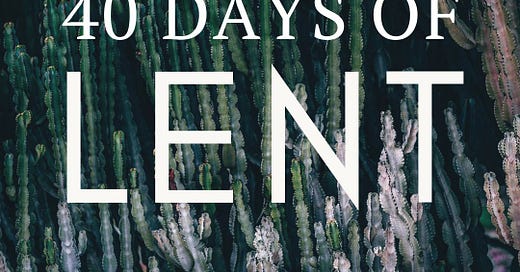We encourage you to read the passage before engaging the reflection. Click on the reference below.
Matthew 18:1-14
by Dave Parsons
In Matthew’s Gospel, Chapter 18, v1, the disciples come to Jesus with the question “Who is the greatest in the Kingdom of Heaven”? His response is alarmingly countercultural, both then and now. He flips the script of their lives and ours, even though we are centuries removed from one another. He simply asks them (and us) to humble ourselves, put aside our pride and self-sufficiency, and come to him as a trusting child
I look back on a life driven to excel on every level, sometimes to the exclusion of the good stuff that Jesus wants for me. Current circumstances have reminded me that humility and dependency as defined by Jesus doesn’t carry the negative connotation of weakness that I and the culture around me see in that word. And—it is just a word.
The love and protection that Jesus offers me is not dependent upon my worldly success or how I am perceived by a fickle, ever changing culture. He is telling me that he is sufficient, and that I simply need to acknowledge and live into that truth.
A few years back I read a book that compared “love” and “kind”. The author explained how easy it can be to say “I love you.” It really doesn’t cost anything—words are cheap. I can tell you that I love you and walk away feeling good about myself and that I have brightened your day (as if!). But I can’t get by with saying “I kind you”. How does that even begin to work? Kindness requires action, oftentimes an action that places others' needs above those of our own—humbling ourselves in an activity and posture that requires even just a small sacrifice of self.
Jesus gave everything to us—his very life. He is asking so very little from us, simply to come to him in humility and the uncluttered mind of a child. Incredible! Almost unbelievable, yet it is a truth that we can appropriate for ourselves and share with anyone Jesus puts us in front of.




Kind requires action. Thank you.
Thank you, Dave, I love the distinction between love and kind. Very insightful and thought-provoking.